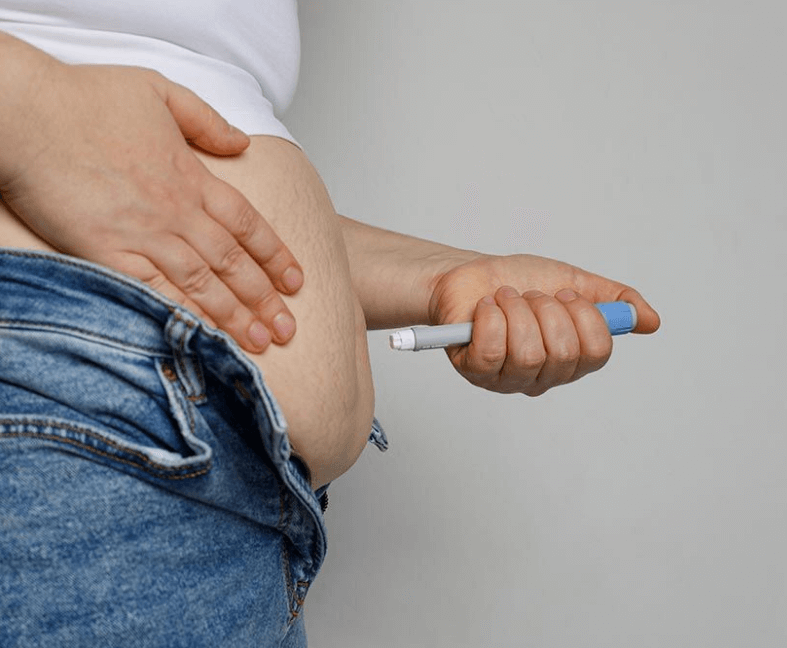A ground-breaking Chinese trial published in The BMJ has found promising results for people with type 2 diabetes in its early stages.
A diet of reduced calories and dapagliflozin (an SGLT-2 inhibitor) co-administered might reverse the disease in overweight and obese adults, the research suggests.
What the Study Involved
The study followed 328 patients aged between 20 and 70 years old, all of whom had more than a 25 BMI with a diagnosis of type 2 diabetes in the past six years. The two groups were distributed randomly for twelve months:
Dapagliflozin along with a middle-calorie-limited diet (reducing 500–750 kcal/day) was prescribed to one group.
The same diet was eaten by the other group, except that they got a placebo instead of the medicine.
All the participants were encouraged to stay physically active—either by walking briskly for 150 minutes a week or over 10,000 steps a day.
The Results
The outcomes were staggering. Nearly 44% of the dapagliflozin group participants achieved remission of diabetes, i.e., they had normal blood sugar levels for at least two months after they stopped their diabetes medication. In contrast, only 28% of the placebo group participants achieved remission.
In addition to blood sugar control, the dapagliflozin group also had:
- Increased weight loss
- Improved insulin sensitivity
- Lowered blood pressure
- Better cholesterol levels
Notably, the study found no important differences in side effects between the two groups.
What This Means
The study authors believe that this approach may be a viable and effective way to bring about remission in people with early-stage type 2 diabetes—especially those who are overweight or obese.
If you or someone you care about has type 2 diabetes, this study suggests there can be more than just control—there can be a means to get into remission through appropriate changes in lifestyle and medical assistance. As ever, consult with your healthcare professional before making any significant changes to your diet or medication.







Leave a Reply